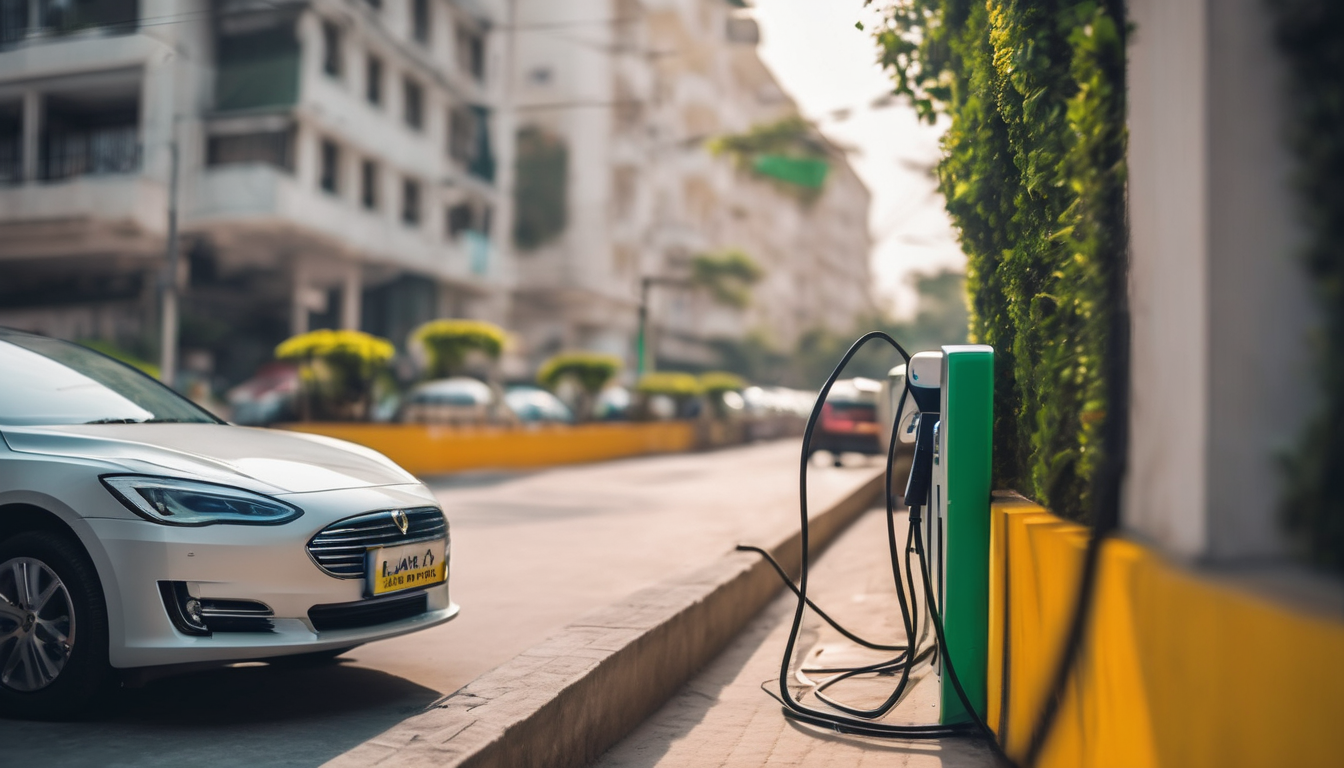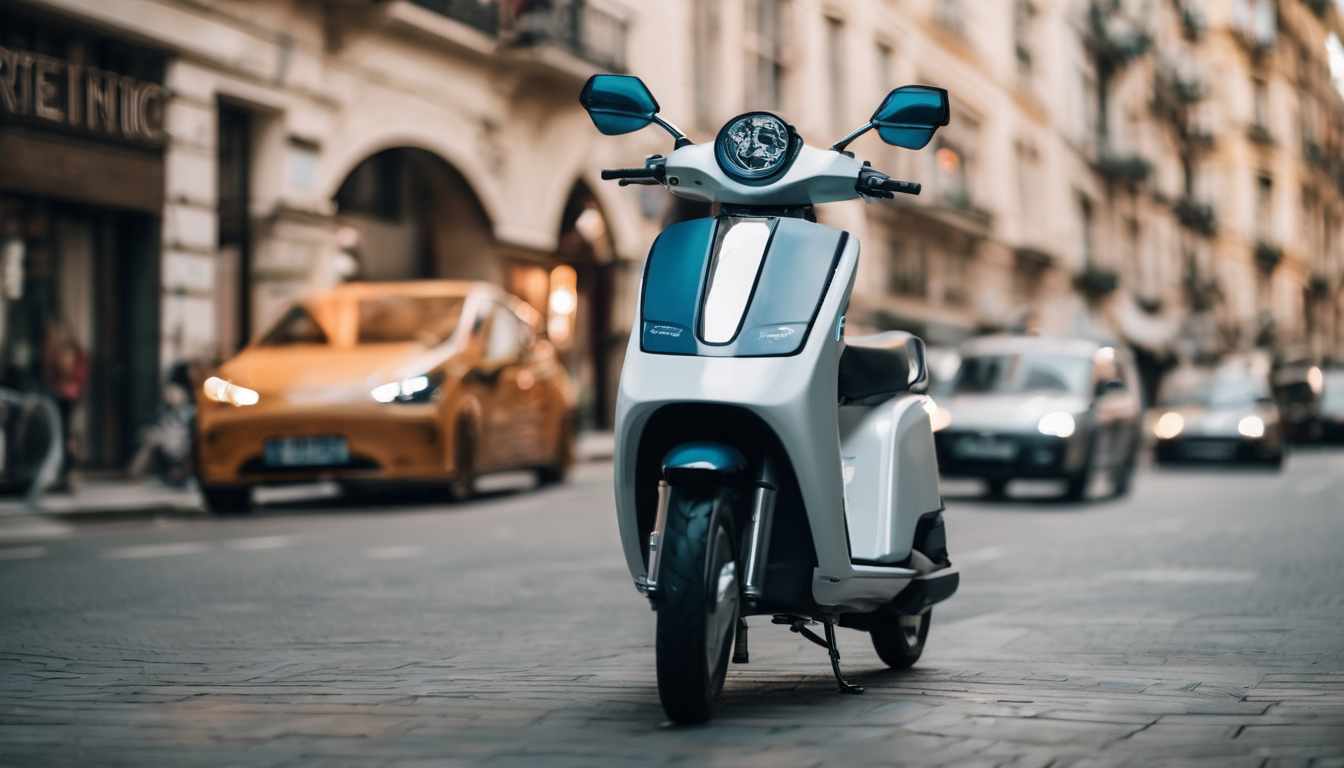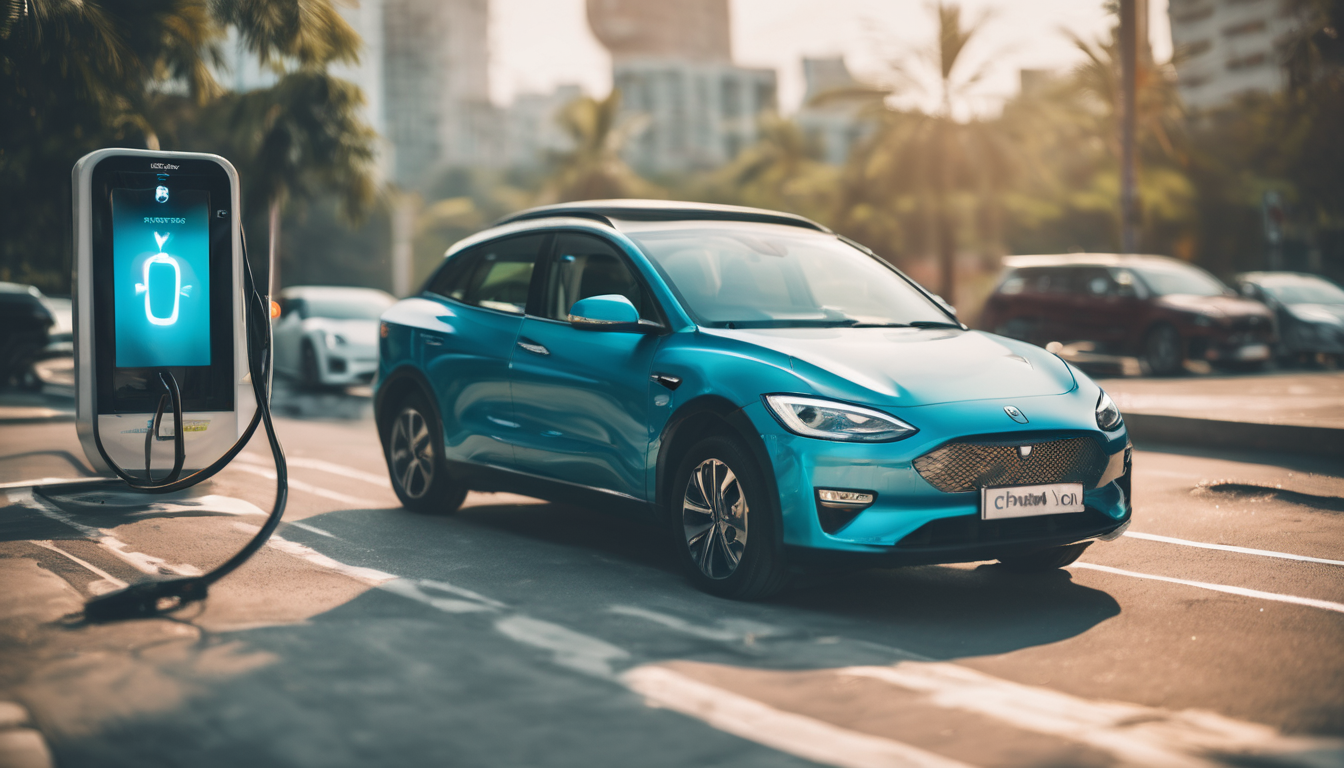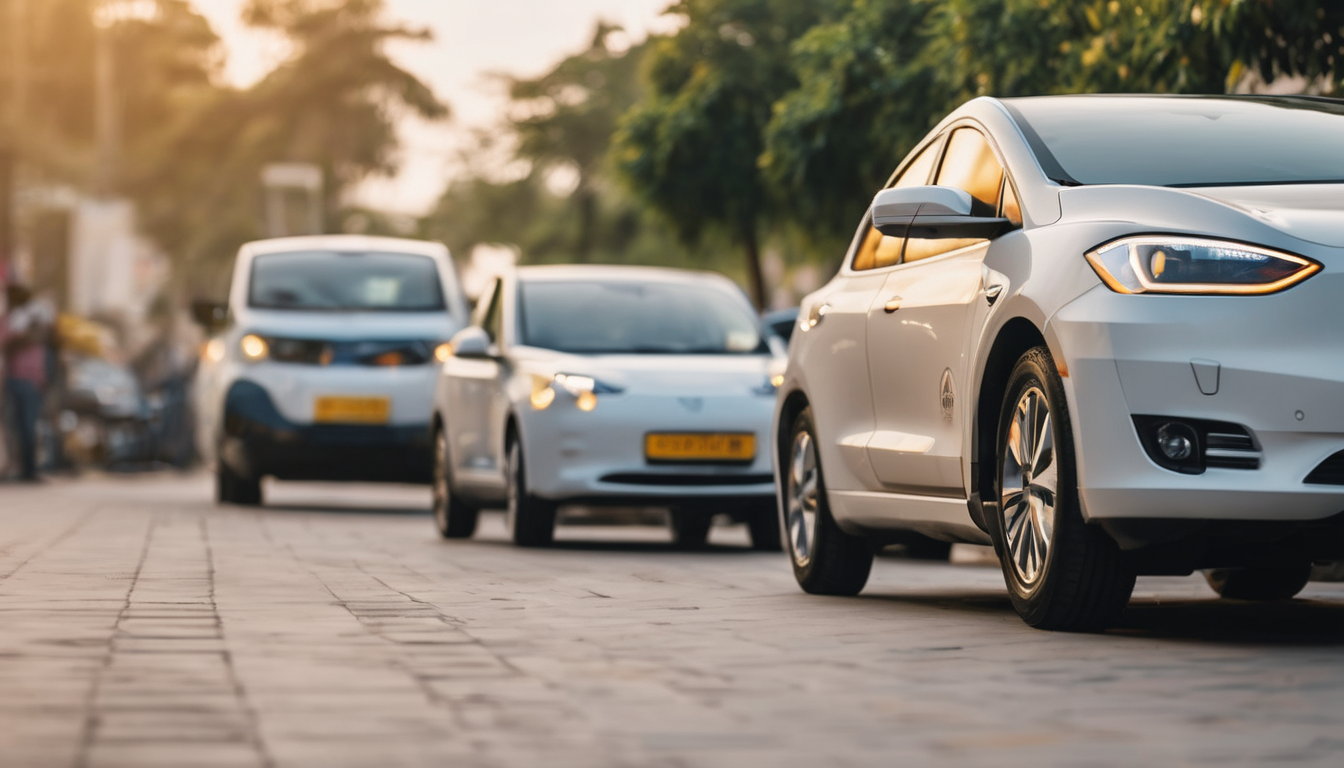As India embraces the shift towards electric vehicles (EVs), the demand for EV charging infrastructure is becoming increasingly important. Understanding the costs associated with installing and maintaining these charging stations is crucial for individuals, businesses, and policymakers alike. This article explores the key factors influencing the EV Charging Stations Cost in India, providing insights into what you need to know.
Factors Influencing the Cost of EV Charging Stations in India
- Type of Charging Station
- AC Chargers (Single Phase and Three Phase): AC chargers are common in residential and commercial settings. Single-phase chargers are suitable for slower charging, while three-phase chargers offer faster charging capabilities but require more robust electrical infrastructure.
- DC Fast Chargers: These chargers are essential for public locations and highways, providing rapid charging options that are crucial for long-distance travel.
- Installation Costs
- Electrical Infrastructure: Upgrading existing electrical systems or installing new ones to support EV chargers can significantly impact costs. This includes transformers, distribution panels, and wiring upgrades.
- Site Preparation: Assessing and preparing the site for installation, including civil work and ensuring adequate space and accessibility for users.
- Equipment Costs
- Charging Units: Prices for AC chargers vary based on capacity and brand, typically ranging from ₹30,000 to ₹2,00,000 or more. DC fast chargers are more expensive, starting from ₹10 lakh and going up to ₹40 lakh or more, depending on the charging capacity and features.
- Operational and Maintenance Costs
- Network Connectivity: Many charging stations require connectivity for user authentication, payment processing, and remote monitoring. This adds to initial setup costs and ongoing operational expenses.
- Maintenance: Regular inspections, software updates, and repairs are necessary to ensure the reliability and longevity of charging stations. Budgeting for these ongoing costs is crucial.
- Regulatory and Permitting Requirements
- Government Incentives: In India, various government incentives and subsidies may be available to offset some of the installation costs for EV charging stations. Understanding these incentives and eligibility criteria is essential for cost planning.
- Permits and Approvals: Local regulations dictate the permitting process for installing EV chargers, including environmental clearances and compliance with building codes.
Average Costs of EV Charging Stations in India
- AC Chargers: Depending on the type and capacity, installation costs can range from ₹10,000 to ₹50,000, with equipment costs starting from ₹30,000 upwards.
- DC Fast Chargers: Installation costs can be substantial, ranging from ₹5 lakh to ₹15 lakh or more, with equipment costs starting from ₹10 lakh upwards.
Conclusion
Investing in EV charging infrastructure in India presents both challenges and opportunities. While the initial costs may seem significant, the long-term benefits of reducing carbon emissions, supporting clean energy initiatives, and catering to the growing EV market make it a worthwhile endeavor. By understanding the factors influencing costs and leveraging available incentives, stakeholders can effectively plan and implement EV charging solutions that contribute to India’s sustainable future.






